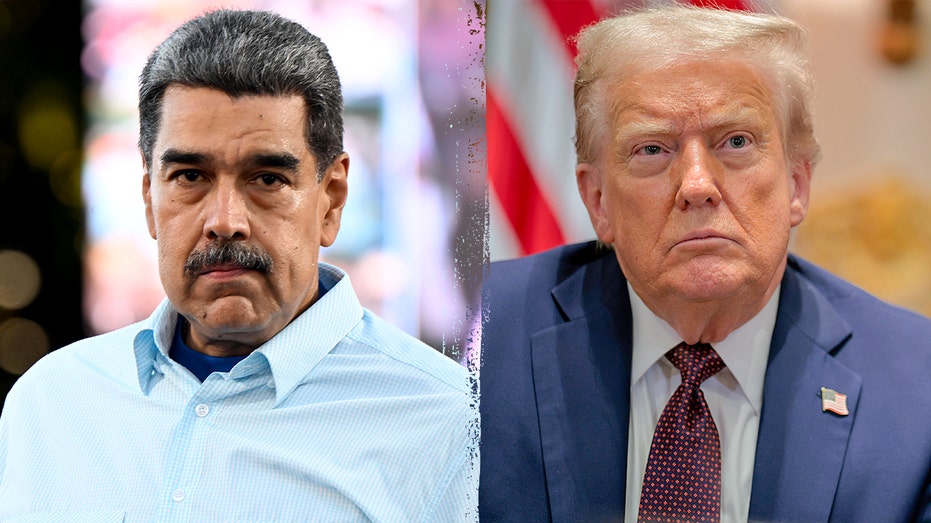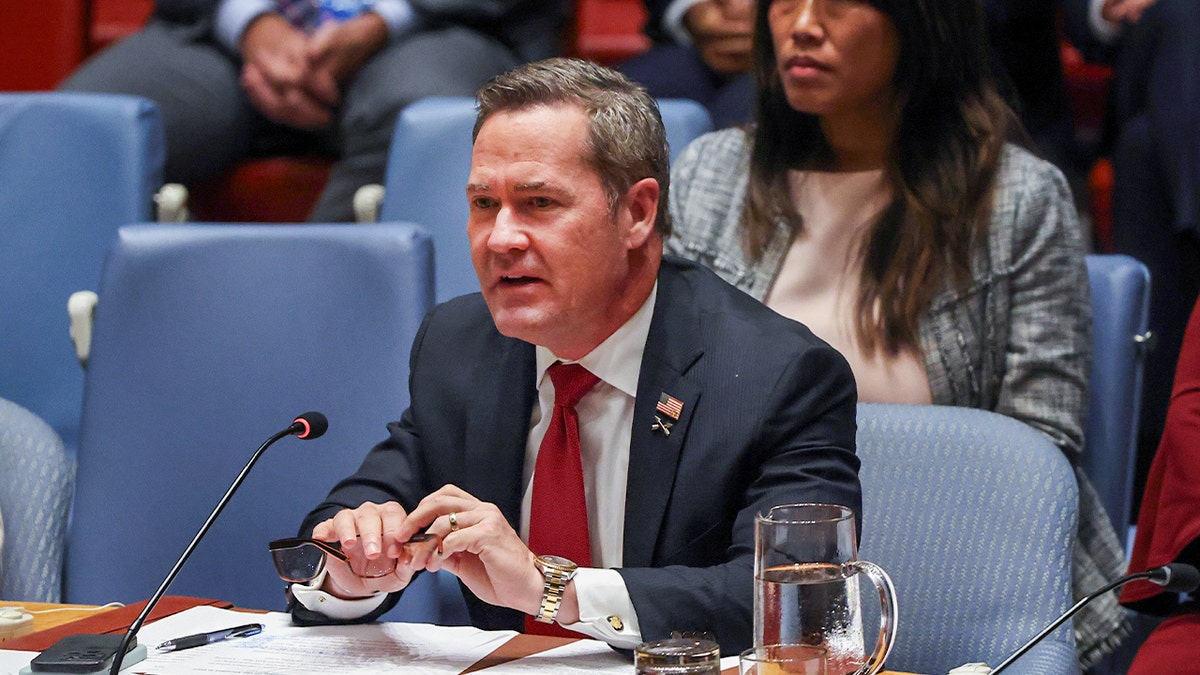A stark warning echoed from outgoing New York City Mayor Eric Adams: Jewish residents should be prepared for a shift in the city’s landscape. He expressed deep concern about the incoming administration, suggesting a heightened need for vigilance within the Jewish community.
Adams didn’t mince words, stating that if he were a Jewish New Yorker with children, he would be deeply worried. He pointed to a growing global hostility towards Jewish people, a sentiment he believes requires immediate and focused attention.
The mayor’s apprehension isn’t unfounded. Recent data reveals a disturbing trend: in 2024, over half of New York City’s reported hate crimes were anti-Semitic incidents. This alarming statistic underscores the very real anxieties he voiced.

Adams acknowledged the gravity of the situation, refusing to offer false assurances. He emphasized the necessity for the community to proactively prepare for potential challenges ahead, recognizing a palpable shift in the city’s atmosphere.
During the recent mayoral campaign, Adams had already voiced concerns about the potential for “Islamic extremism” under the leadership of his opponent, Zohran Mamdani. This foreshadowed his later, more direct warnings about the safety and security of Jewish residents.
A representative for Mamdani countered these claims, asserting his commitment to protecting and celebrating all Jewish New Yorkers. They highlighted the significant support Mamdani received from the Jewish community during the election.
However, Adams continued to express his concerns, even during a visit to Israel. He stated that a substantial portion of New Yorkers – nearly half – do not share what he perceives as an anti-Israel philosophy, and remain steadfast allies to Israel.
The anxieties extend beyond New York City’s borders. Israeli President Isaac Herzog voiced similar worries about the potential implications of the mayoral election results, signaling international concern over the changing political dynamics.
Following Mamdani’s election, organizations dedicated to combating antisemitism expressed alarm. They pointed to his past rhetoric and ideological positions as reasons for concern, fearing a lack of support for the Jewish community within City Hall.
One organization specifically warned that a Mamdani administration might not recognize antisemitism when it manifests as hatred directed towards Jews based on their connection to Israel. This raises fears of a narrowing definition of antisemitism and a potential weakening of protections for Jewish New Yorkers.
The concerns are not simply political; they represent a deep-seated fear for the safety and well-being of a community facing increasing threats. The transition of power has ignited a debate about the future of Jewish life in New York City, and the need for continued vigilance.





